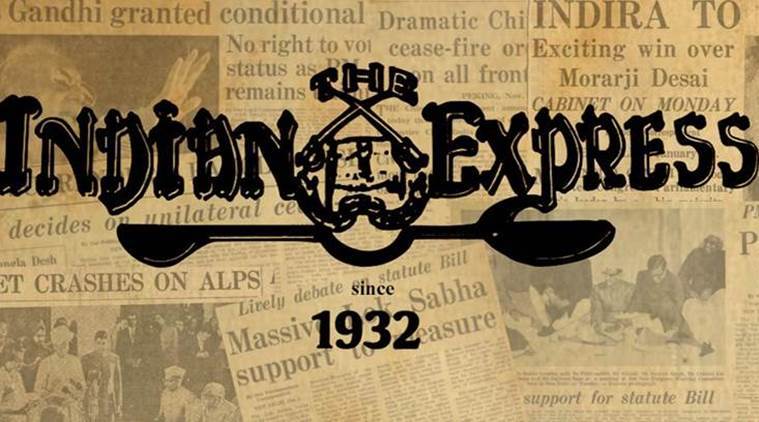Opinion Lessons from a bypoll
The RK Nagar bypoll can hardly be deemed a bell-weather election. However, in a state where bypolls generally tend to favour the ruling party, TTV Dinakaran has upset the pattern.

 TTV Dinakaran’s success in R K Nagar bypoll bolsters his credentials as Jayalalithaa’s legatee, talk of cash-for-votes dims win
TTV Dinakaran’s success in R K Nagar bypoll bolsters his credentials as Jayalalithaa’s legatee, talk of cash-for-votes dims win
The unexpected and spectacular success of TTV Dinakaran in the RK Nagar byelection has given a new twist to Tamil Nadu politics. Dinakaran, nephew of VK Sasikala and the face of the AIADMK faction linked to her, won with a margin of over 40,000 votes as an independent while polling more votes than the combined tally of the ruling faction of the AIADMK and the DMK, the main opposition in the state. RK Nagar was represented by the former chief minister and the AIADMK supremo, J Jayalalithaa, and the contest was seen as a battle for her legacy. By winning the seat, an AIADMK stronghold, with a margin even higher than Jayalalithaa’s in the 2016 assembly election, Dinakaran has indicated that his claims to the AIADMK’s leadership can’t be ignored. His success could trigger a realignment of forces within the AIADMK and the present government of Edappadi Palaniswamy looks vulnerable. Dinakaran’s success also indicates that the political space in the state post-Jayalalithaa is far from settled.
The RK Nagar bypoll can hardly be deemed a bell-weather election. However, in a state where bypolls generally tend to favour the ruling party, Dinakaran has upset the pattern. He ran a smart campaign and turned the election into a referendum on Jayalalithaa’s legacy. The 75-year-old AIADMK nominee — party presidium chairman and former minister, E Madhusudhanan — was no match for the much younger and articulate rival, Dinakaran. The DMK nominee, who was backed by the Congress, the communist parties, the Dalit outfit VCK, Vaiko’s MDMK, Indian Union Muslim League and so on, was reduced to irrelevance in the contest and lost his deposit, while the BJP candidate polled less votes than NOTA.
A stark feature of the campaign was the talk of contestants alleging that their rivals were giving cash for votes. However, none of them would substantiate their allegations and the Election Commission could not find any evidence of the practice. Ironically, the EC had rescheduled the RK Nagar poll in April after its teams unearthed cash allegedly meant to buy votes. Cases filed then await closure while candidates seems to have become smarter in covering their tracks. A large section of the voters sees the cash-for-votes strategy in transactional terms, which is born out of their disdain for politicians. It raises disturbing questions about the conduct of elections and the legitimacy of electoral verdicts. A firm institutional response is necessary to rid the electoral process of corruption.





